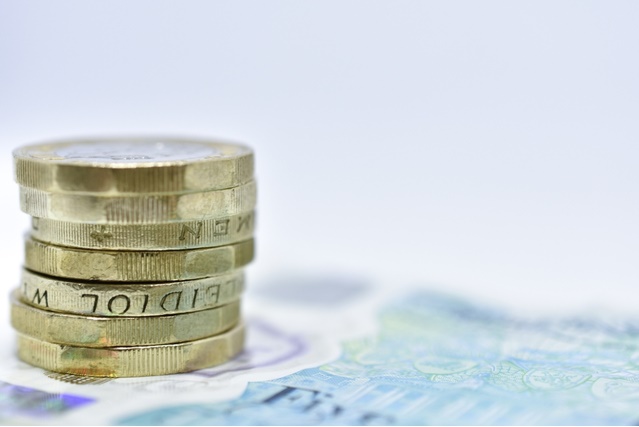Pound Euro (GBP/EUR) Exchange Rate Falls as UK Business Expectations Ease to a Four-Month Low
The Pound Sterling Euro (GBP/EUR) exchange rate slumped by around -0.4%.
The pairing is currently trading at around €1.0900.
On Monday, data revealed that UK business activity growth rose to a nine month high in July.
The UK services PMI edged up from stagnation in June to 51.4 thanks to a rise in new work.
However, July’s figure was still below the trend recorded since the start of the global financial crisis recovery in 2009.
Added to this, business expectations eased to a four-month low as survey respondents continued to cite Brexit uncertainty.
Meanwhile, the All Sector Output Index edged up from June’s 49.2 to 50.3.
Commenting on the data, Chief Business Economist at IHS Markit, Chirs Williamson said:
‘An improved rate of growth in the service sector to the highest since October is welcome news after other PMI surveys showed the sharpest drop in manufacturing output for seven years and a construction sector mired in its deepest downturn for a decade. However, the overall picture is one of an economy that is only just managing to skirt recession. With July’s performance among the worst since the height of the global financial crisis in 2009.
‘The latest PMI numbers are indicative of the economy stagnating at the start of the third quarter after indicating a 0.1% decline in the second quarter.’
Euro (EUR) Rises as PMI Business Confidence Strengthens to a Three-Month High
Meanwhile, data from the Eurozone revealed that growth softened as the bloc’s manufacturing downturn deepened.
The Eurozone’s PMI composite slumped from June’s 52.2 to 51.5 in July.
The index continued to mask the differing performances between the manufacturing and services sectors.
However, the services PMI revealed business confidence had strengthened to a three-month high.
Commenting on this, IHS Markit Chief Business Economist, Chris Williamson noted:
‘Trade war worries, slower economic growth, falling demand for business equipment, slumping auto sales and geopolitical concerns such as Brexit led the list of business woes, dragging manufacturing production lower at its fastest rate in over six years. While the service sector has helped offset the manufacturing downturn, growth also edged lower among service providers in July, meaning the overall pace of expansion of GDP signaled by the PMI has slipped closer to 0.1%.’
German Services Outlook Gloomiest Since 2014
The pairing slumped over the course of Monday morning despite data revealing German services outlook was the gloomiest since 2014.
July’s services PMI Business Activity Index slumped to 54.5 from June’s nine month high of 55.8.
However, this could do little to dampen single currency sentiment as the pairing continued to slide.
Commenting on this morning’s data, IHS Markit Principle Economist, Phil Smith said:
‘The final services reading came in below the flash estimate, while the survey’s forward-looking indicators are also signaling a loss of momentum. It’s very early stages, but the PMI figures suggest that the economy is heading for another weak GDP performance over the third quarter, on the back of what is generally expected to have been a slight contraction in the three months to June. A further weakening of the data flow in the three months to June. A further weakening of the data flow in the coming months and Germany’s economy could be staring down the barrel of a mild technical recession.’
Pound Euro Outlook: Rebound in German Factory Orders to Buoy EUR?
Looking ahead to Tuesday, the Euro (EUR) could edge up against the Pound (GBP) following the release of Germany’s factory orders data.
If factory orders rebound in June, it could provide an upswing of support for the single currency.
Meanwhile, the Euro could rise further following the release of the German construction PMI.
If July’s construction PMI rises higher than expected, rebounding from June’s stagnation, the Pound Euro (GBP/EUR) exchange rate could slide.


Comments are closed.